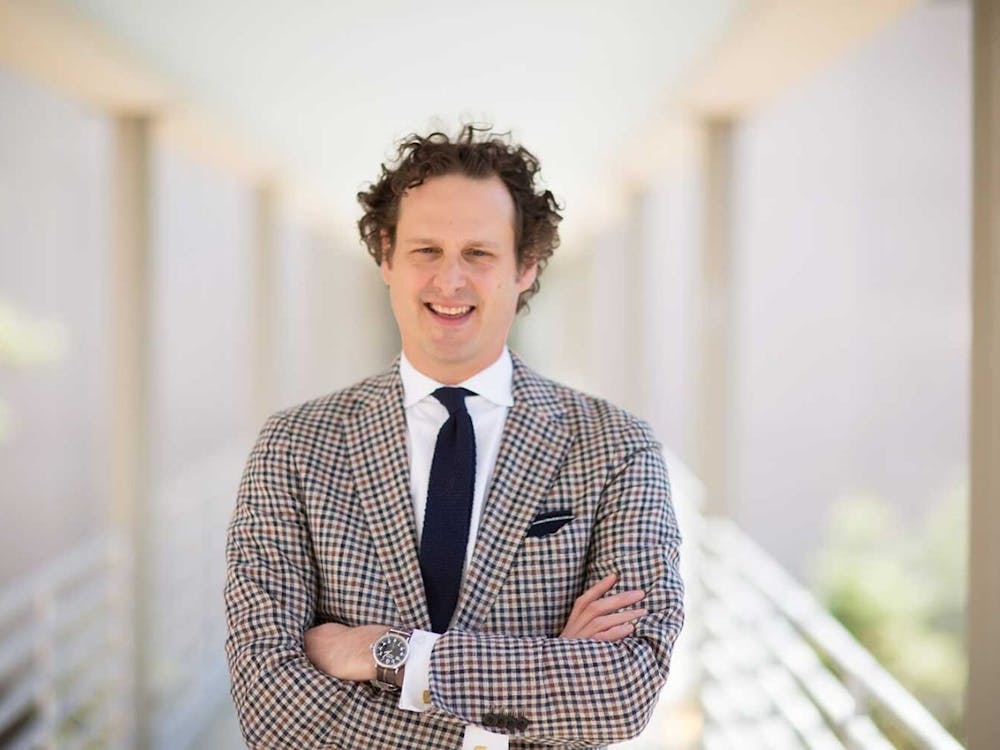Two years ago, a Duke professor warned to prepare for a devastating pandemic that sounds similar to what the world is facing today.
The op-ed was published in February 2018 by the Duke Global Health Institute, titled “The Odds of a Devastating Pandemic Just Went Up.”
Written by Gavin Yamey, director of the Center for Policy Impact in Global Health and a professor of the practice of global health and public policy, the op-ed criticized the Trump administration’s 2018 decision to scale back investments for pandemic prevention and response. This decision included cutting the budget for the Centers for Disease Control and Prevention and disbanding the pandemic team within the National Security Council.
“It is time for us to end the cycles of panic and neglect and invest reasonably and rationally in outbreak preparedness every day and everywhere,” the article states. “The human and economic costs of inaction are intolerable.”
The World Health Organization declared COVID-19 a pandemic March 11. Since it first appeared in November 2019 in Wuhan, China, the coronavirus has swept across the world, leaving devastating effects. In terms of economic repercussions, a U.N. report from March 9 estimated that global losses will likely stand around $1 trillion, potentially reaching $2 trillion.
Yamey suggested a need to ramp up pandemic prevention efforts and warned of severe economic losses if a pandemic were to occur. However, he wrote that funding to fight infectious disease fades when outbreaks are not in the public eye, curtailing preventative efforts.
“If we had invested a paltry $10 billion a year, we could have had a decent pandemic preparedness system fit for this purpose,” Yamey said. “My hope is that COVID-19 will finally motivate governments and donors and foundations to make the investments that are needed.”
Yamey pointed to a recent Oxford Economics report that predicted a global loss of $280 billion in the first quarter of 2020 due to COVID-19. He explained that this loss is greater than the recent SARS, Ebola, MERS and Zika outbreaks combined.
Although it’s difficult to prove direct causation, he said that scaling back on global health investments in 2018 may have played a role in COVID-19 becoming this great of a crisis in the U.S. Had there been more money dedicated to pandemic preparation and response, America could have developed and acquired the necessary medicines, vaccines and personal protective equipment, according to Yamey.
He believes that the Trump administration’s lack of an early response to COVID-19 was detrimental to the U.S.
“We have known for six to eight weeks that this threat was coming, and we did not do enough to prepare,” Yamey said. “Now we have a very disastrous situation where we have inadequate tests, where we left social distancing until very late and where we have very little personal protective equipment for health workers.”
Yamey said the U.S. should have studied countries infected during earlier stages more carefully in order to replicate their practices. He identified South Korea’s aggressive public health measures as conducive to its success in flattening the national curve of infection, including rigorous testing, isolating and contact tracing.
South Korea and the U.S. have administered approximately the same number of tests, but the U.S. has a population six times as large, he noted.
However, there have been concerns about the ability of the U.S. to replicate such measures due to a less adequate pandemic response team and public health structure, as well as an unwillingness among the population to give up individual liberties.
Yamey also thinks the U.S. should learn lessons about the value of communication from countries like Singapore, which have successfully slowed the outbreak. Clear lines of communication between governmental departments and between regional and central governments have been crucial to a successful response, he said.
Furthermore, Yamey explained that the majority of virus transmission is now community spread, which is when people in the same area become infected, with some unsure how they contracted the virus. Although the president announced a travel ban March 11 against visitors from Europe entering the U.S., Yamey said the ban was “pointless” because reducing transmission within local communities should now be the focus of efforts to curb the spread of the virus.
Get The Chronicle straight to your inbox
Sign up for our weekly newsletter. Cancel at any time.

